But I don't feel like I do know what's best for Kayla.
I know what I want for Kayla.
What I want is an inclusive education. What I want is for her to go to a school like this, or this, or this. I want her to go to a school that belongs to the Inclusive Schools Network. I want her at a school where inclusion is the culture, where inclusion is the belief, where inclusion is embedded in the school life. I want to live in a school district like the Deer Valley Unified School District in AZ, where Michael Remus is the Director of Student Support Services. I want someone like Michael Remus to bring his power point "The Road To Systems Change" to this district and provide them with training.
Example from the power point presentation: Change of Thought Process. - From "Where do I put them?" - To "How do I deliver their services in a more inclusive setting?" That has never been the thought process at our IEP meetings.
I want this experience for her because I know that an inclusive educational experience is not beyond the realm of possibility and that it can be successful and rewarding if it is done correctly.
But when I've sat in IEP meeting after IEP meeting after IEP meeting for five years and hear mostly negative viewpoints on my child with an intellectual disability being educated in the general education classroom it starts to wear on me. It takes its toll emotionally. I start to question myself if I'm doing what's best for my child.
I hear the buzzwords over and over that my child needs "specialized instruction in a small-group setting with a highly-qualified specialized teacher." What I don't hear are suggestions and plans on how to deliver those services in a general education classroom.
Another frequent topic in IEP meetings, and another argument the school has for self-contained placement, is Kayla needs one-on-one support for frequent redirection because she is so easily distracted, can't focus, and is impulsive. Oh is she ever impulsive.
A couple of years ago Kayla was diagnosed with ADHD. We have decided, for now, to not medicate. I wonder what schools do with students who have ADHD and aren't medicated, because I know I'm not the only parent who has chosen to not medicate. They find strategies and ways to deal with the behaviors, don't they? They don't recommend that unmedicated children with ADHD be in self-contained classrooms for their core academics do they?
This ADHD diagnosis is another example of not knowing what's best for Kayla. Maybe medication would be the best thing for Kayla. Maybe it would help her to grasp concepts easier and retain information and learn more skills because she would be able to focus better. Maybe we are holding her back from reaching her 'maximum potential' in the realm of education because she's too easily distracted.
But it worries me. I'd hate for her to have to rely on, and be medicated for years and years on end. And there is a whole process with figuring out the right medication and the right dosage and going through different side effects.
Some kids have lesser ADHD symptoms when they eliminate gluten and/or artificial colors/dyes/ingredients from their diet. Kayla was diagnosed with Celiac Disease 6 years ago - she's been on a gluten-free diet for that long and I never saw any changes in her. I avoid buying products with artificial ingredients (not to say that she doesn't occasionally get it from elsewhere, but for the most part it's not in our diet), and I don't notice any changes in her.
She had a sleep study done, twice, that showed moderate sleep apnea. Symptoms of sleep apnea can mimic ADHD symptoms. She'll have her tonsils (they are large) removed this summer and then a follow-up sleep study. I'm hoping we'll see changes in her attention span and focus after that.
For now we are trying Vayarin - a "non-drug clinical dietary therapy for managing ADHD symptoms..." After a little over a month I haven't seen any drastic changes (although it does say it could take 1-3 months to see any affects because it's not a drug so it won't have an immediate affect on the body.)
So how do I know what's best for Kayla? I feel inadequate even as her parent. I can't go back two years and see how things would have turned out if we would have medicated her right away.
We sat in our end-of-year IEP meeting and were told that after two years they just didn't believe the placement Kayla had was the best placement for her to thrive, and grow, and learn and reach her potential. They don't feel like they did right by her. Even though she made progress and met all the goals on her IEP. We were told "We didn't close the gap so something has to change, the placement needs to be different."
We didn't close the gap.
I know schools receive a report card on how well they are doing with closing the gaps of the sub-groups: minorities, poverty, English-language learners, and students with disabilities.
I'd like to see the statistics on how much this school has closed the gap specifically with the students that are educated in their two self-contained rooms. If they are closing the gap so well with that placement then why are those students still in self-contained rooms for most of their day?
And how are you going to close the gap with students with intellectual disabilities when I've always heard "the gap continues to widen the older they get." Kayla isn't going to catch up to where her same-age peers are. They are going to continue to learn at double, triple, quadruple the pace of what she learns every year. The point is for her to move forward, to make progress.
I don't feel like I know what's best for Kayla because I can't go back and travel the other road to see how that decision would turn out.
I only know what I want for Kayla, I know what's possible with inclusion, I know what research has shown to be best practice.
I know that a study from Bunch and Valeo in 1997 showed that "Special Education placement for students with disabilities has failed to demonstrate substantive advantages over regular classes despite lower teacher-pupil ratio and specialized teaching. Special Education has not proven to be academically and socially stronger than would regular class placement."
That was nearly twenty years ago, and yet, here we still are - placing students in classrooms by their diagnosis and delivering all the core academic subjects in self-contained classrooms.
And I know that Dr Robert Jackson found, "No review could be found comparing segregation and inclusion that came out in favor of segregation in over forty years of research." In over forty years no review came out in favor of segregation.
More from Dr Jackson's report: "...students in segregated education do less well than those who were included, and the longer they were segregated the larger the gap with their included peers." It isn't just a benefit for Kayla to be included as studies have found "...children without disability made significantly greater academic progress in mathematics and reading in inclusive schools."
That's why I may not know what is best for Kayla, but it is what I believe is best for Kayla.



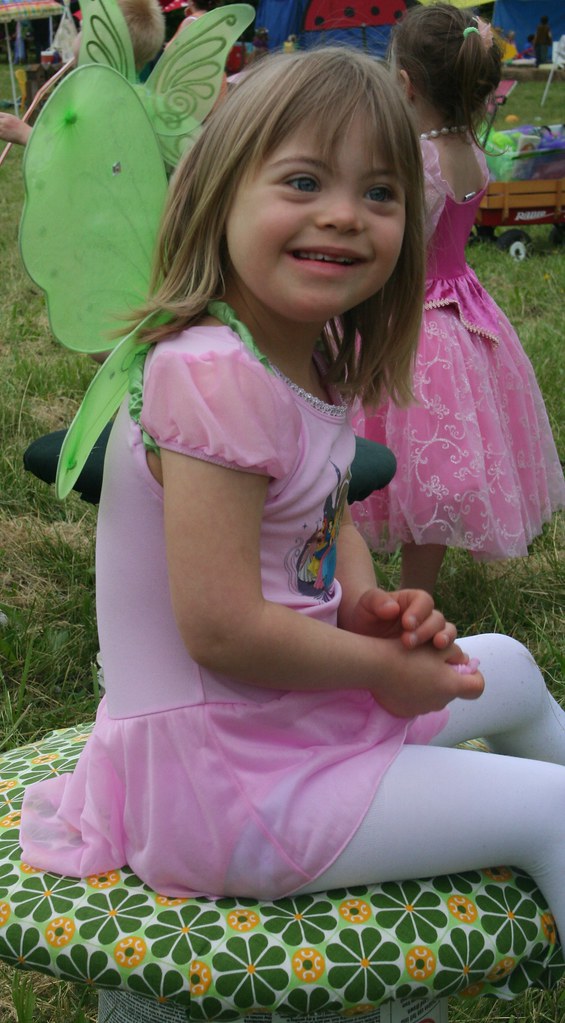

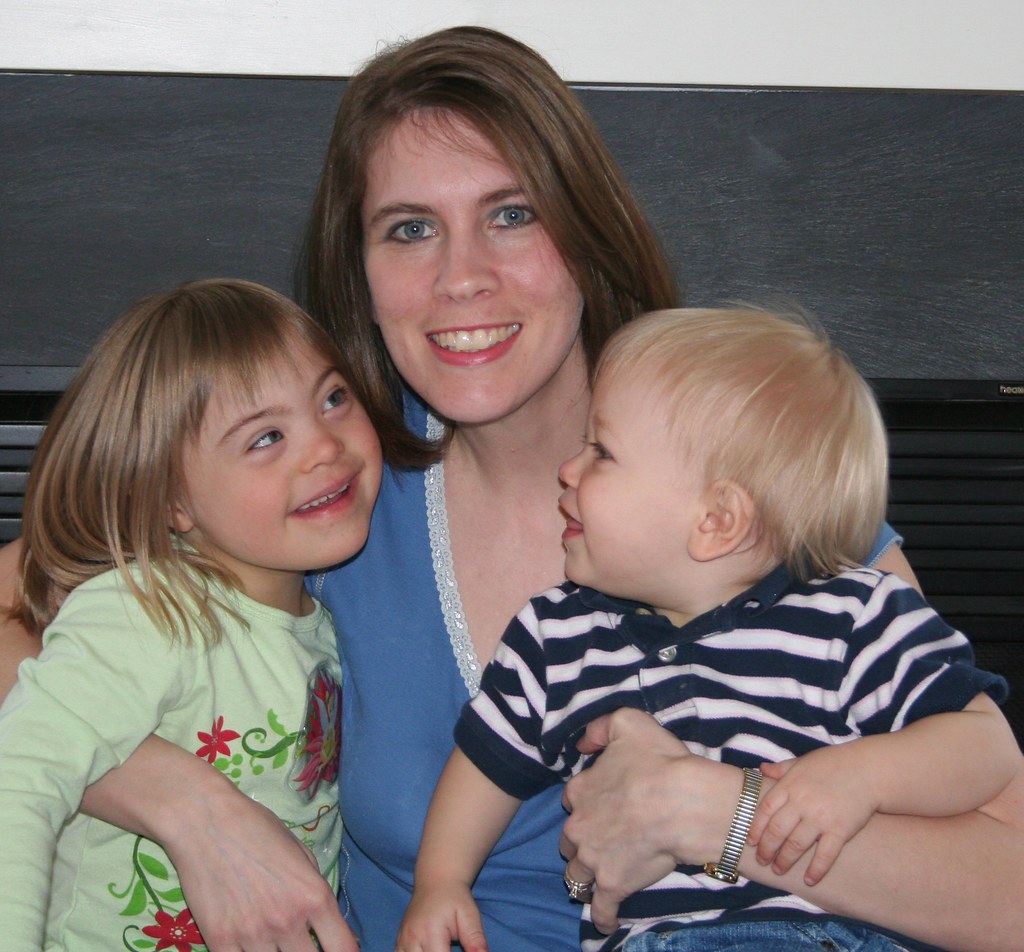
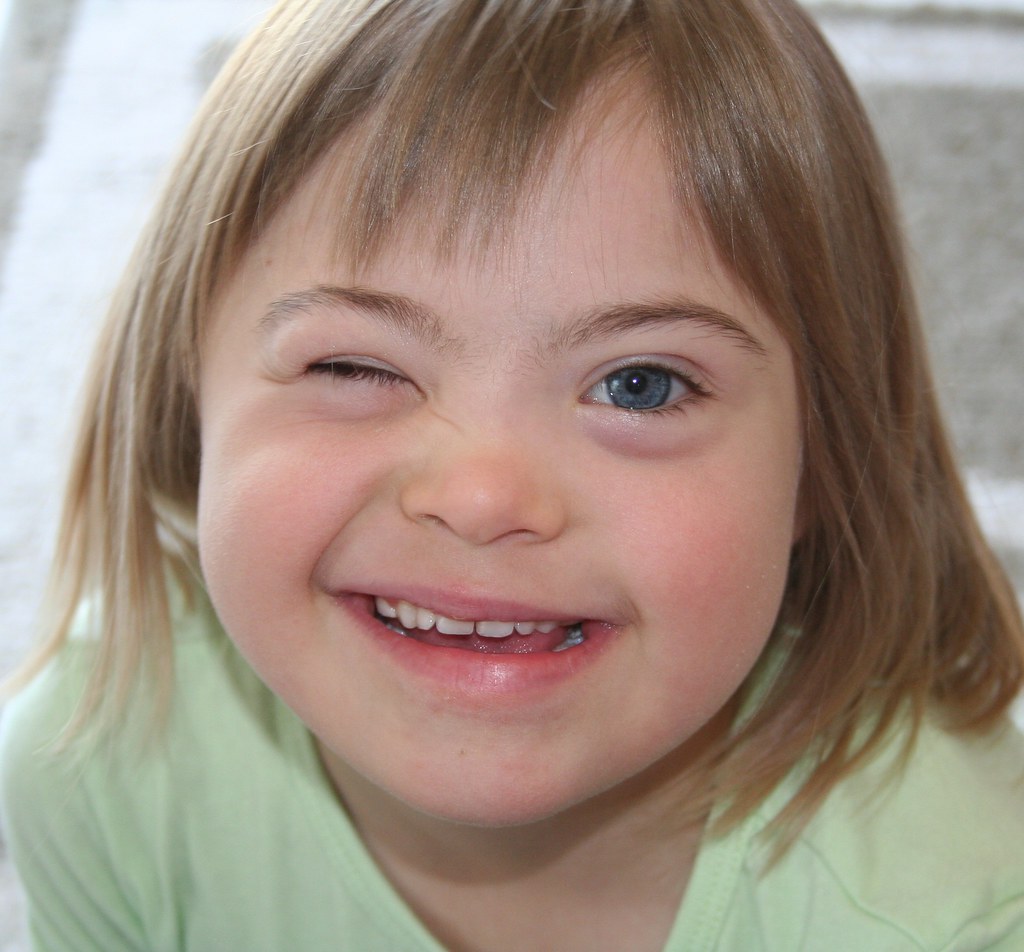

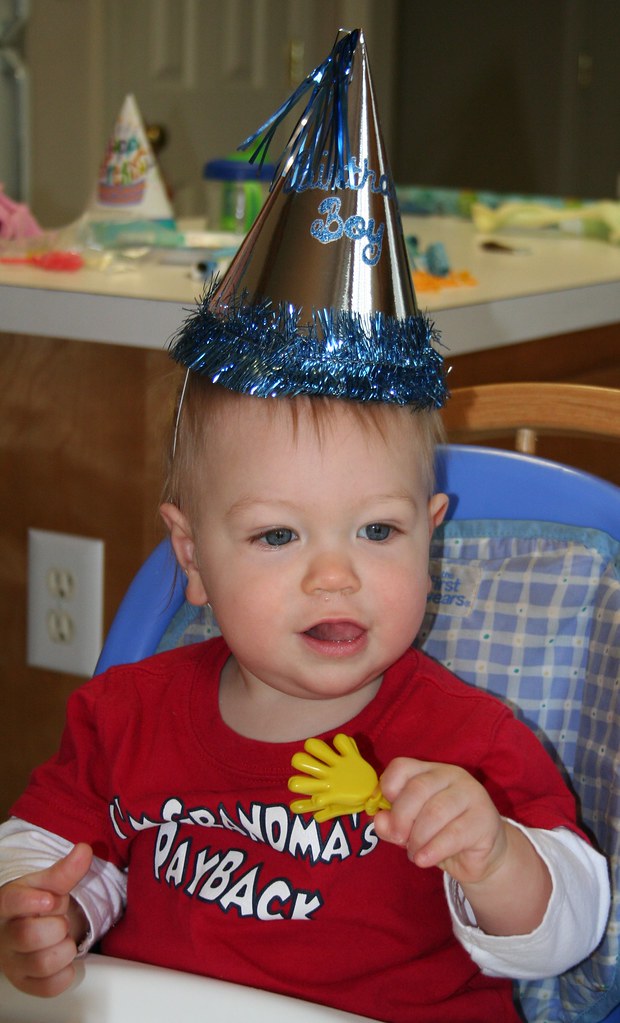
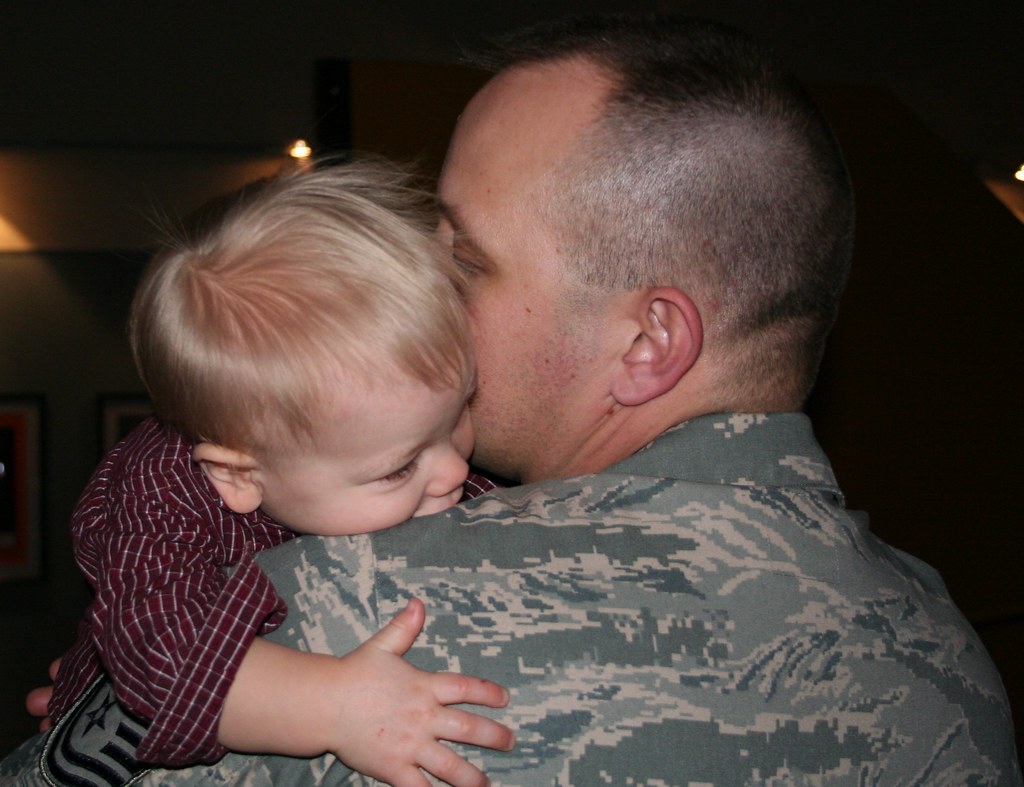
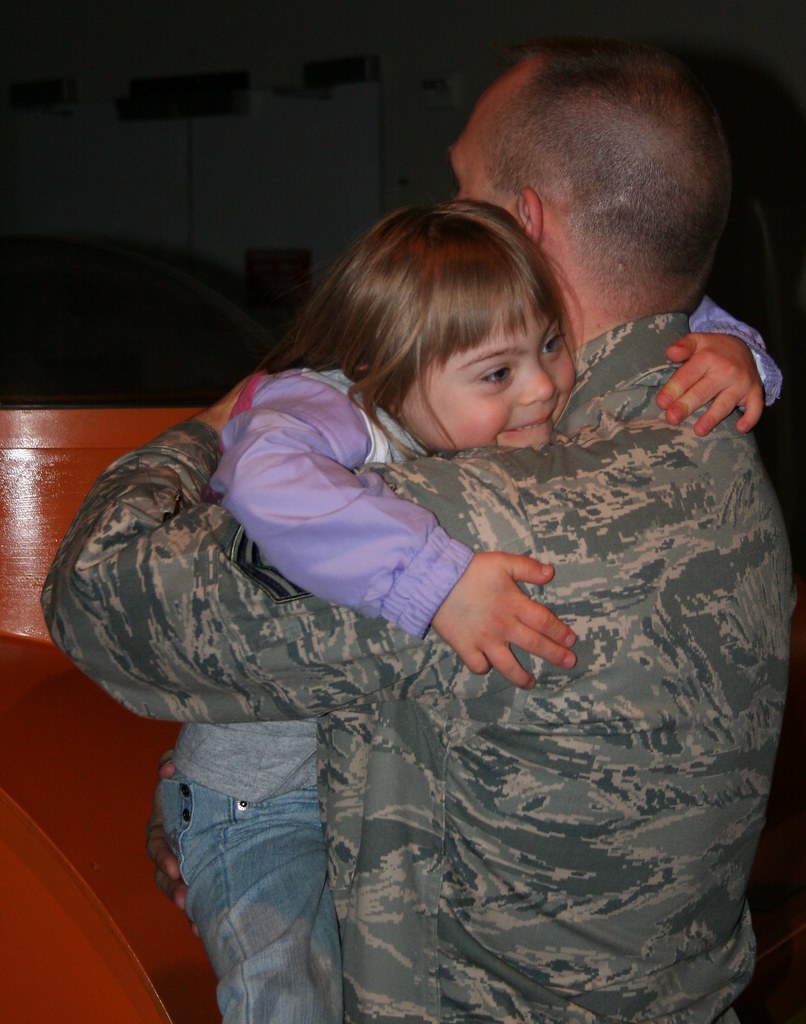
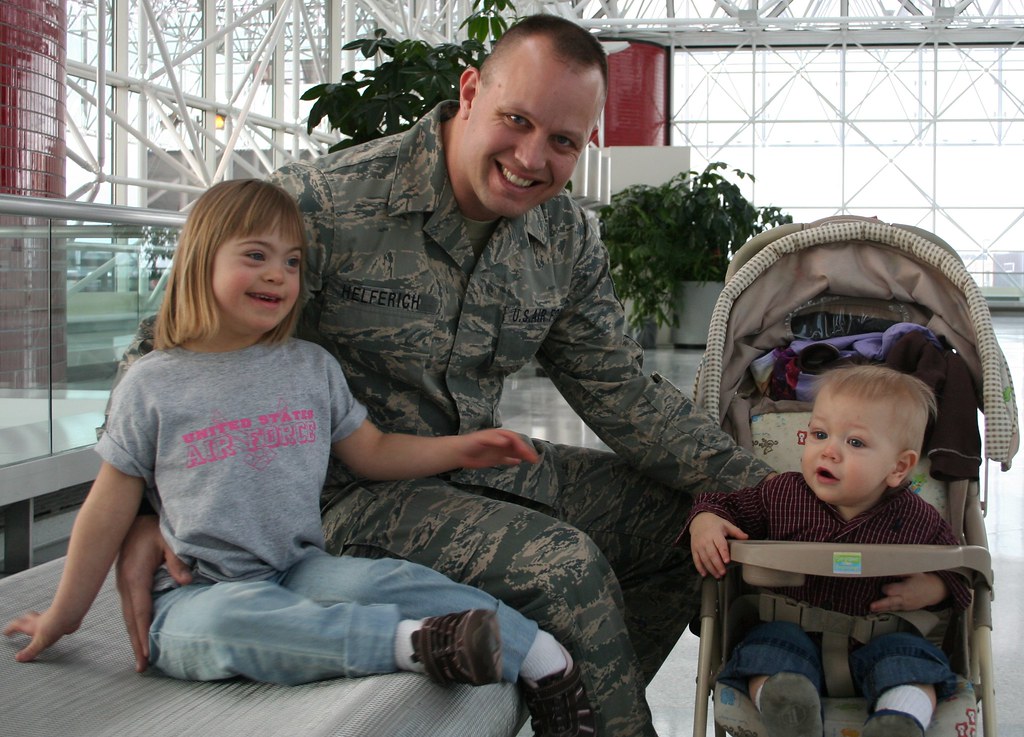
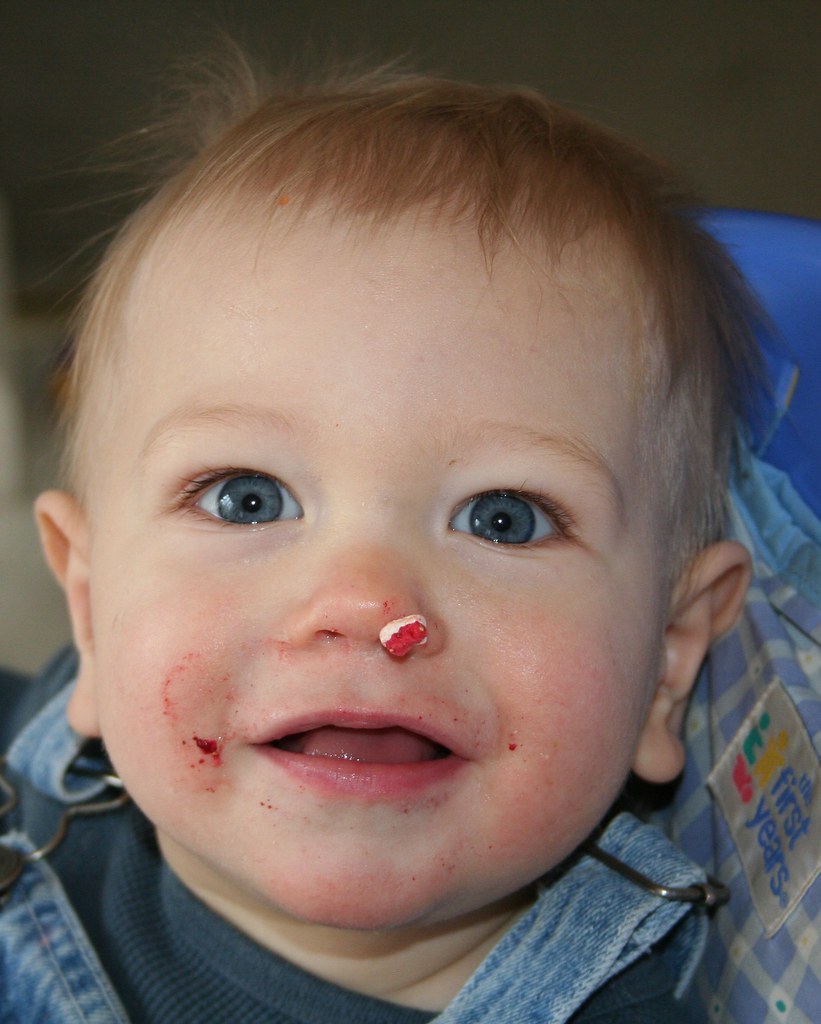
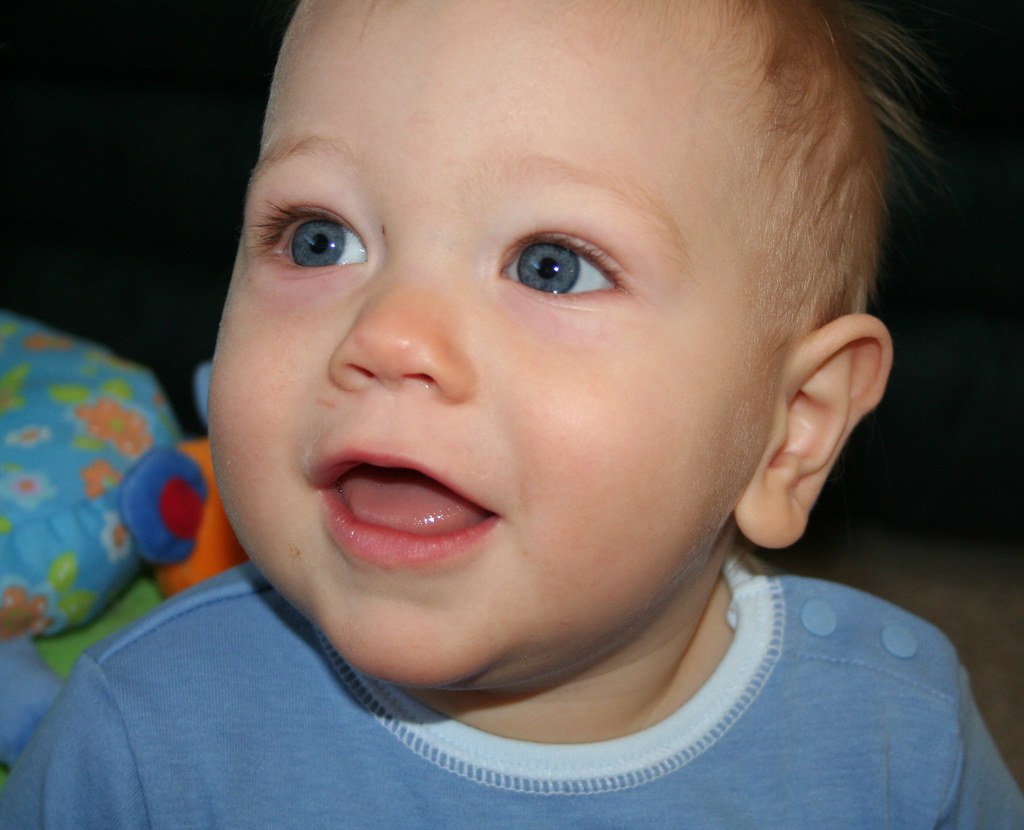
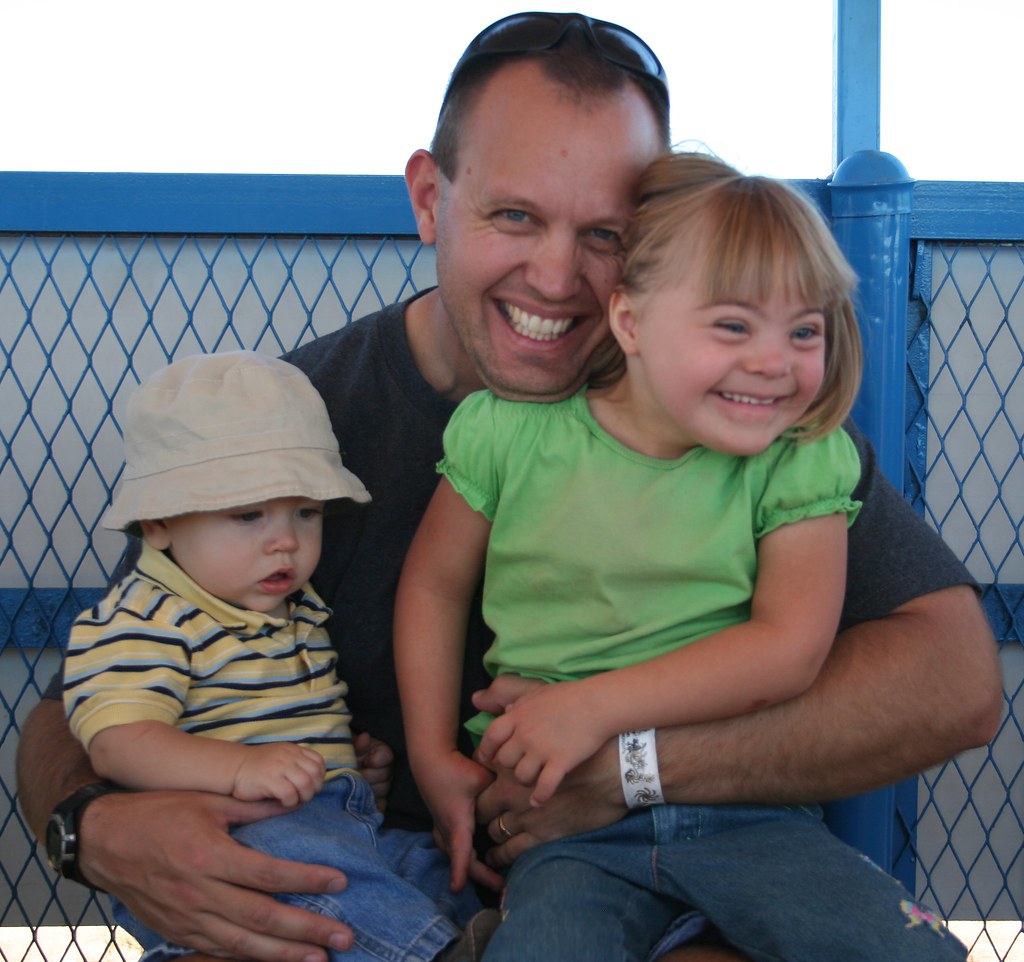
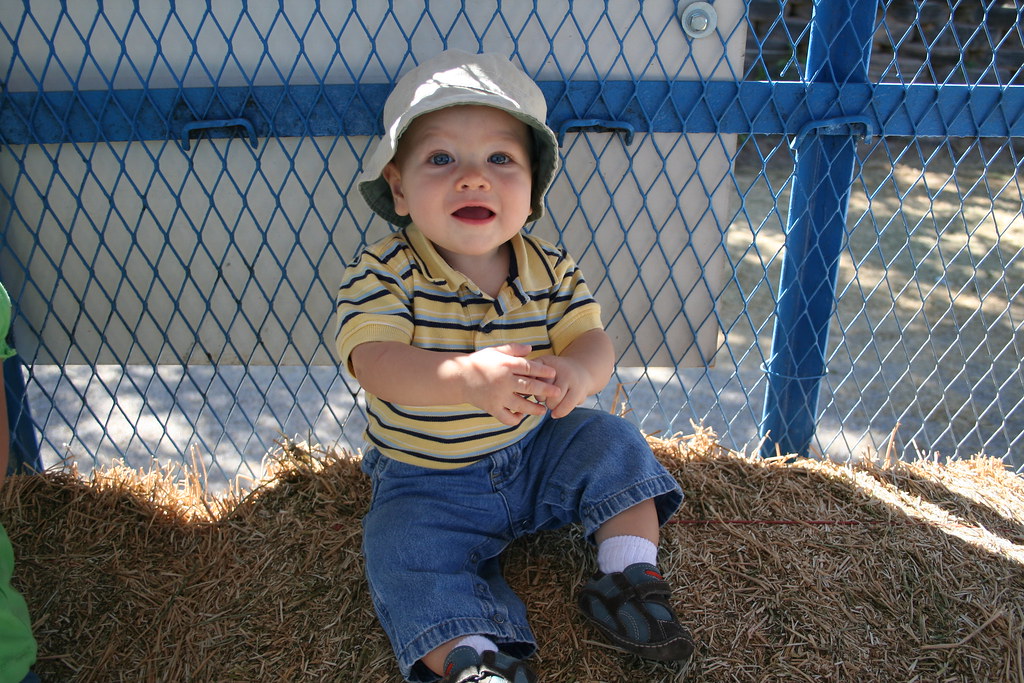

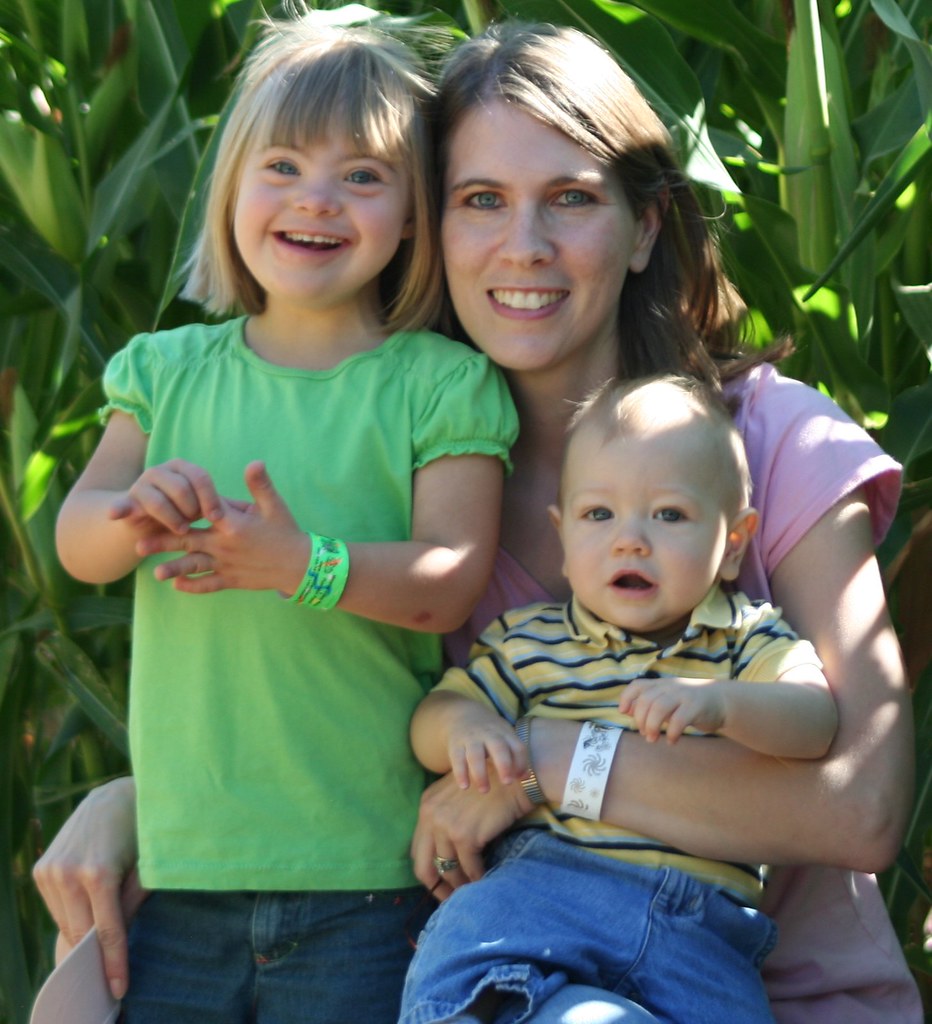




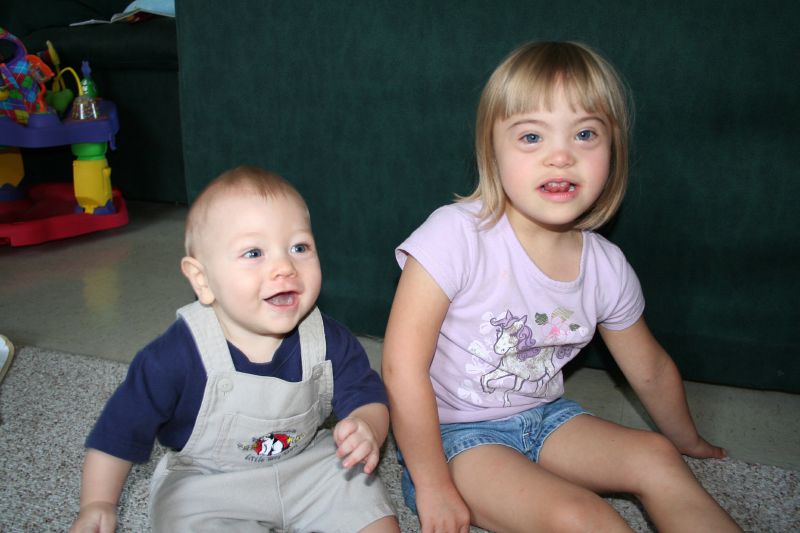


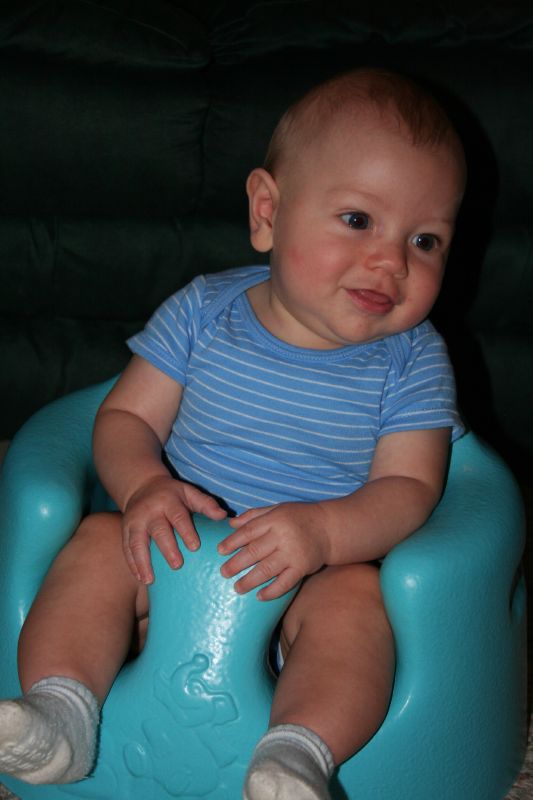
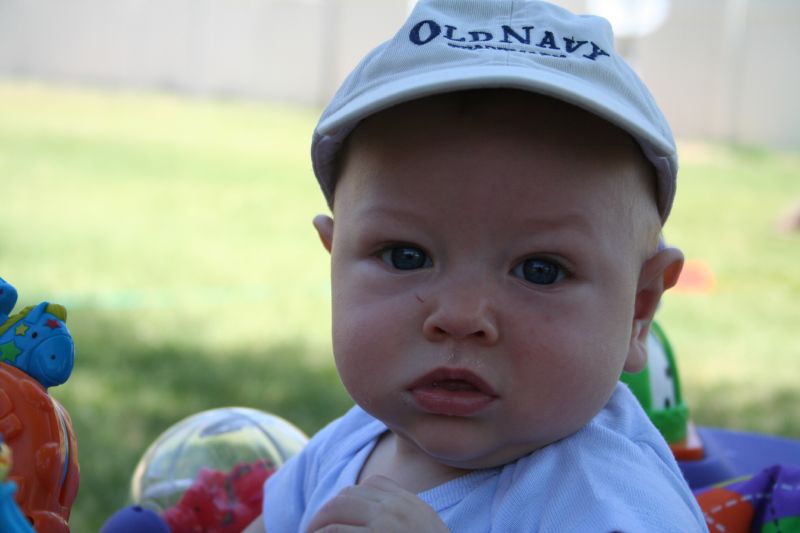
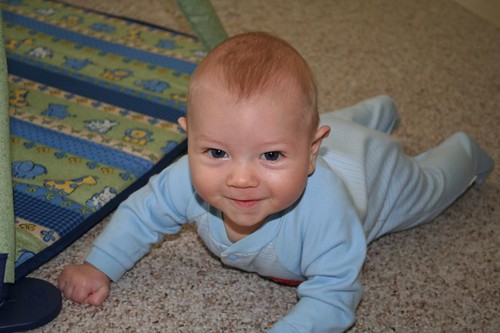
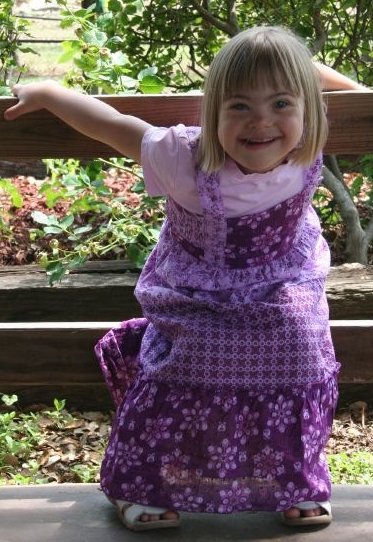

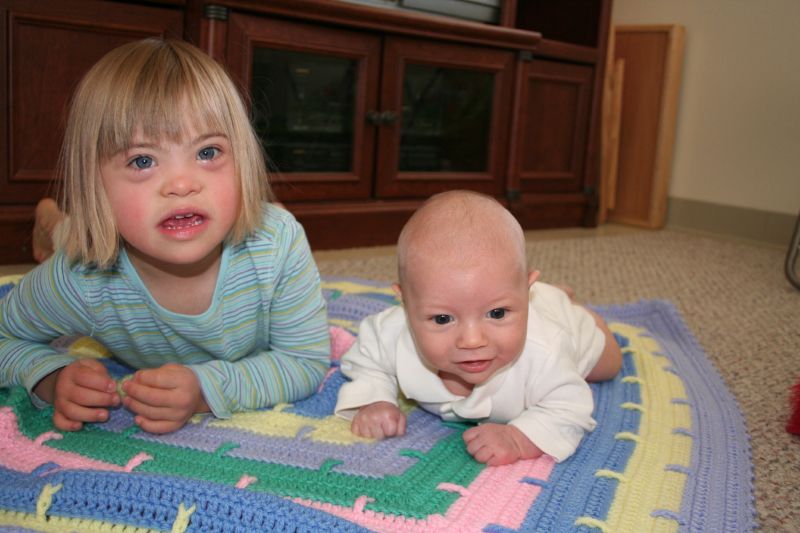

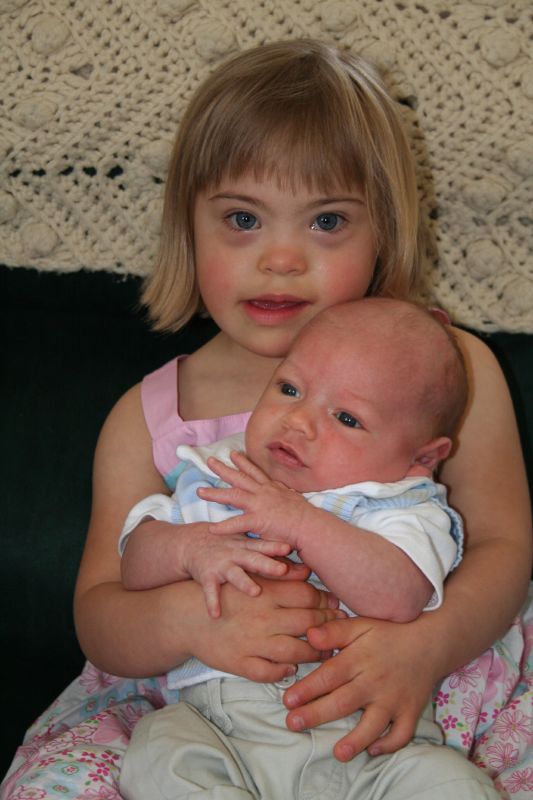
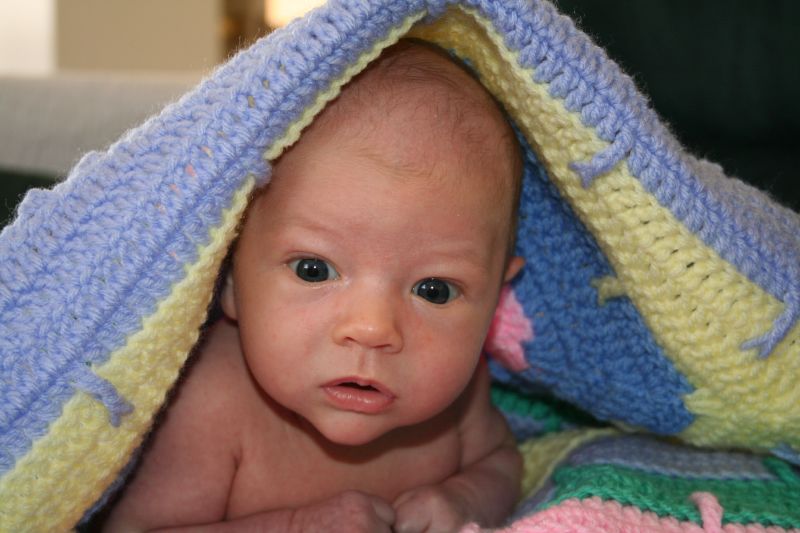
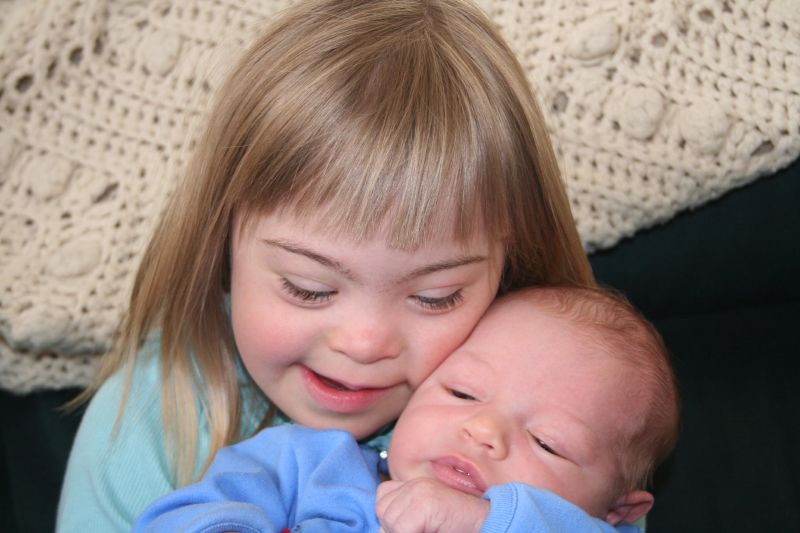
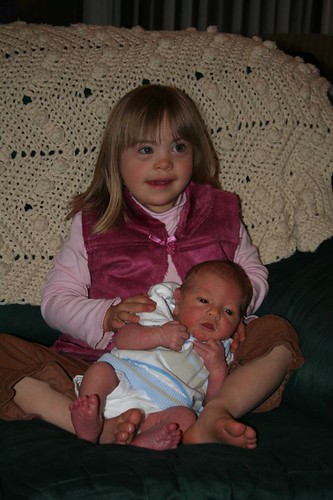
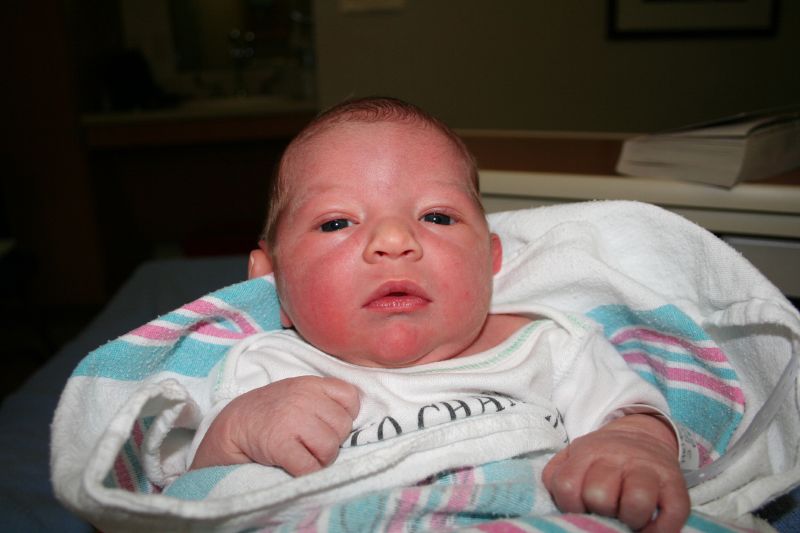
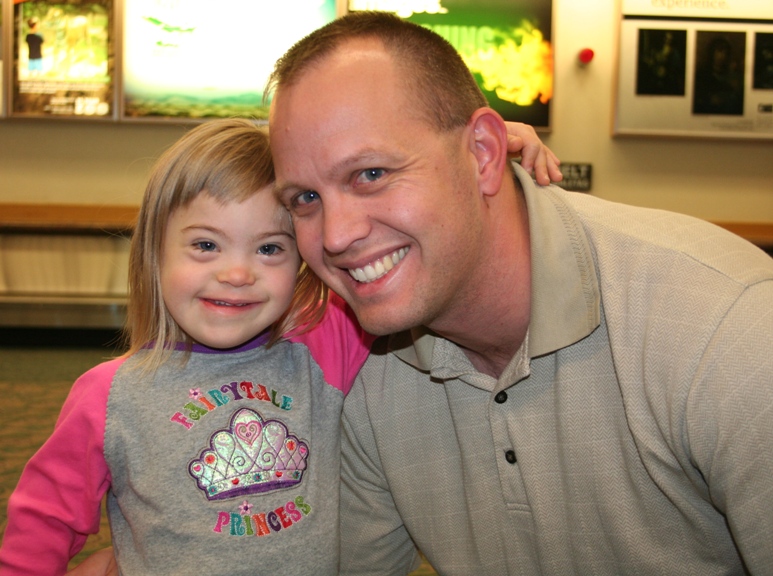

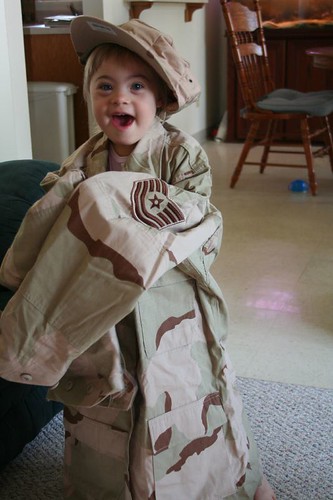


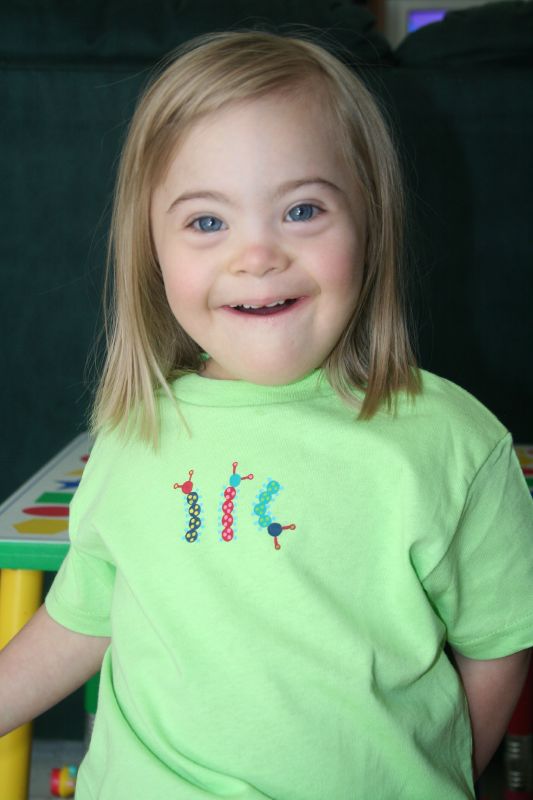
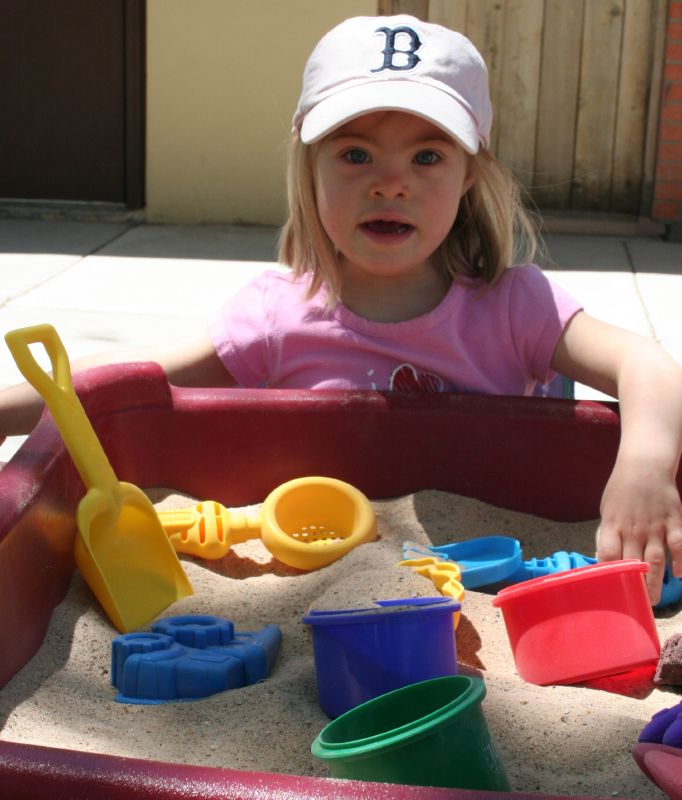







9 comments:
Has Kayla's placement next year been determined?
Our school district DOES place children without any intellectual disability in self contained classrooms for core academics if they need constant redirection due to ADHD or other issues. This behavioral classroom is at one of the schools in our district. Some parents try medication just to avoid this placement.
So difficult to know what is best. You MAY want to consider ADHD medication, if she really has trouble staying on task. It can be almost a miracle for some kids, but for others the medication is not that effective and/or the side effects can be too difficult to manage. Some of the medications do not linger in the system so you can give them for the school hours and not on the weekends.
In-class support should be the first option, with replacement for some subjects if the pace is too fast. But that would be a "regular" class in that other kids with say math challenges would be in the slower paced class.
Not sure about middle school, but our high school has a special program for kids with learning challenges that are not on IEPs or 504s, but need more support. The kids take electives in regular classes and some take academics as well (so they can be in an honors math class).
Are you thinking of moving or are you set where you are for now?
I think segregation might derail Kayla's self-esteem. Middle school is a time when social ideals get ingrained and, if Kayla is segregated, she might get the idea that she's not good enough for normal society.
I have a similar experience with the previous poster.
Students at our school without intellectual disabilities who have ADHD are placed in a self-contained room. They may not have been in self-contained room in grade school, but it changes in middle school or grade school if upper elementary departmentalizes classes. Switching rooms/teachers for classes throws a lot of kids off.
Did the school collect data on how often your daughter is off-task in regular ed vs. when she is receiving direct instruction? Was there a big difference? If there was not a big difference medication might be worth a try.
If there was a big difference what interventions/supports did the school try to make regular ed a successful placement? How long did they try these interventions?
Michelle
I promise you that by having kayla in inclusive education you are doing the right thing. The more she is expected to do things the better she will be. You do not have a time machine but research supports inclusion. That is the closets thing to a time machine and knowing it. major cyber hugs.
AZ
I also come from a school district where students with ADHD end up in self contained settings. I teach in one of those classrooms and the kids with whom I see the most success are the students I get who have been so beaten down by the system and former teachers that they need a positive experience. I feel that a huge part of my job is helping these students to become successful at school and to then help them become included within the regular classrooms. I love teaching in my classroom and I love my students, but if I could work with them in the regular classroom and have the time and resources to truly help them, I would push for that every single time. I know where I teach one of the biggest issues is not having enough support to truly help our kids being included so instead we put them in self-contained classrooms. It is not fair to so many of our students and is one of the biggest issues within education right now.
As far as medication, it might be worth a try. I also have seen kids succeed with a lot of assistance in "training" their brain to be focused. Some of them have started with medication to understand how their brain works when focused, some of them have worked with no medication. Have you tried Mt. Dew? Some kids with ADHD or ADHD symptoms focus a lot easier with the caffeine from it. I have a friend who swears by it.
Kayla is awesome and I love hearing a lot of the experiences from a parent's view since I am on the teacher side and don't always work with parents who are willing to share their feelings.
Once again, I feel like you're inside my head. I'm pinning this post too for future reference.
I'm tired of that expression being thrown around, 'parents know what is best for their child'
No we don't! We are trying to figure it out and we would like some input please!
I am now in the habit of cutting that expression down whenever it is said to me.
I generally rephrase it, and say something along the line, that I know what I want for my children, can you offer some advice as to how to get there, can we work together on this.
Can you move districts? It would be worth it ....your son will likely thrive anywhere, it would be so worth it for Kayla, and your peace of mind too, to know she is a school where she is respected and wanted.
Post a Comment